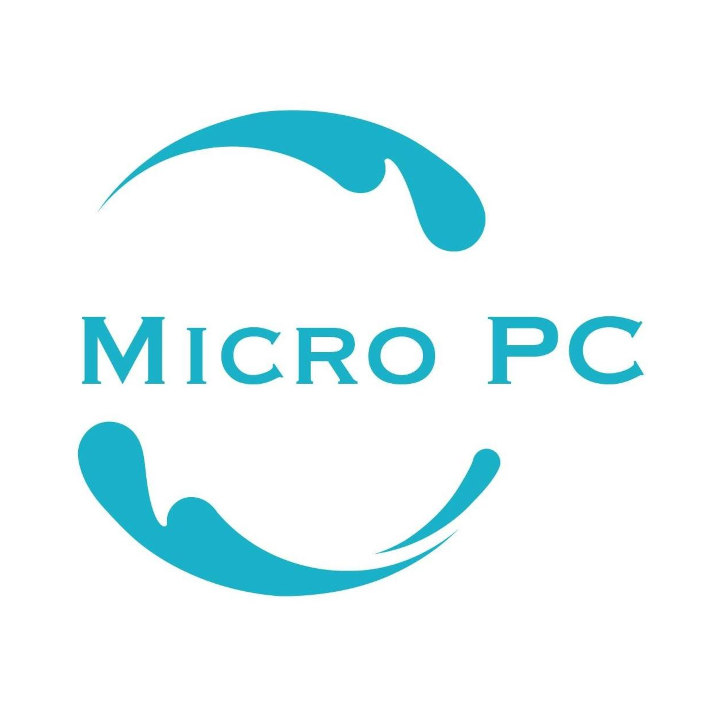


Micro PC is a Taiwan-based start-up founded in 2018. As a social enterprise with a multi-pronged approach, the company aims to reduce plastic pollution in the waters resulting from excessive plastic waste in the oceans, to create a sustainable and clean environment for the next generation.
The Challenges
Plastic pollution is a serious issue worldwide, with about 25 trillion macro-plastic waste and 51 trillion microplastics dumped into oceans in 2020 (Condor Ferries n.d.). Microplastics are small plastic pieces less than five millimeters long and are a threat to the health of animals and human. This appalling situation may be ascribed to several reasons. Firstly, there are insufficient plastic recycling measures in countries, and they may dispose of plastic waste into the oceans (OECD, 2018). Less developed countries may lack knowledge and facilities to process plastic waste (Green Peace, 2019). Secondly, people, especially in developing countries, may be unaware of the harm of plastic waste in the lives of marine animals and human (Adane & Muleta, 2011).
The Solution
Micro PC uses the “downstream, midstream and upstream” approach to address plastic pollution in waters (Micro PC 2020). For the downstream, Micro PC invents machines to filter microplastics and microbeads in the ocean without interfering the ecosystem or consuming raw material, thereby cleaning the environment without extra pollution. One apparatus used by Micro PC to conduct filtration is a cylinder machine. In the machine, there is a triangular prism-like container that can sediment particles more quickly than normal sedimentation. This apparatus does not require filters to sieve microplastic nor electricity to operate, such that the filtration process is eco-friendly. Apart from this, Micro PC also developed its business in the sewage treatment for factories to mitigate the problem of water pollution upstream and at source. More importantly, at the midstream level, Micro PC organizes educational activities and workshops for the public, especially students, to explain the consequences of excessive plastic in the oceans and encourage them to minimize daily plastic use.
The Impact
In 2019 and 2020 respectively, Micro PC was commissioned by Hsinchu City and Taoyuan City to detect water quality and measure the density of microplastics in ports and rivers (Micro PC 2020). Also, Micro PC is dedicated to educating the public, and has given over twenty talks in local schools about plastic pollution and its effort in combating the issue. Micro PC joined the 2020 World Ocean Day in Taoyuan as an exhibitor to explain to the public the hazards of plastics in oceans and to showcase its work. The idea of Micro PC is also highly recognized in the Asia-Pacific region. Micro PC has received the Award for Environment Protection and Sustainability in Asia Pacific Social Innovation Partnership Award 2019 (Micro PC, 2020), which was jointly organized by Executive Yuan and Ministry of Economic Affairs of Taiwan to recognize distinctive social innovation models that contribute to sustainability in the Asia-Pacific region (Social Enterprise Insights, 2019).
Reference
Adane, L. & Muleta, D. (2011). Survey on the usage of plastic bags, their disposal and adverse impacts on environment: A case study in Jimma City, Southwestern Ethiopia. Journal of Toxicology and Environmental Health Sciences, 3(8), 234-248. https://academicjournals.org/article/article1379595494_Adane%20and%20Muleta%20(1).pdf. (Accessed 22 June 2021).
Condor Ferries. (n.d.). Plastic in the Ocean Statistics 2020-2021. https://www.condorferries.co.uk/plastic-in-the-ocean-statistics. (Accessed 22 June 2021).
Green Peace. (2019, April 23). Pouring Plastic Waste into Asia (廢塑膠傾倒亞洲). https://www.greenpeace.org/hongkong/issues/plastics/update/1177/廢塑膠傾倒亞洲/. Accessed 22 June 2021. (Only available in Chinese).
Micro PC. (2020) [Online]. Available at: https://micropctw.com/ (Accessed 22 June 2021). (Only available in Chinese)
National Oceanic and Atmospheric Administration. (2021, February 26). What are Microplastics?. National Oceanic and Atmospheric Administration. https://oceanservice.noaa.gov/facts/microplastics.html. Accessed 22 June 2021.
OECD. (2018). Improving Plastics Management: Trends, policy responses, and the role of international co-operation and trade. https://www.oecd.org/environment/waste/policy-highlights-improving-plastics-management.pdf. Accessed 22 June 2021.
Social Enterprise Insights. (2019, March 11). Asia Pacific Social Innovation Partnership Award 2019 (2019亞太社會創新合作獎). https://www.seinsights.asia/event/6140. Accessed 22 June 2021.